
Game of Thrones -- Ubuntu fails to dethrone Microsoft
Is the open source dream over? In 2004, Ubuntu Founder Mark Shuttleworth filed the first Ubuntu bug which was titled "Microsoft has a majority market share". It was a symbolic bug -- not a real one. It symbolized Ubuntu’s purpose -- to defeat Microsoft and aid the push of Open Source. This was an unattainable goal as Ubuntu never had a chance to defeat Microsoft. However, such goals are often good motivators for companies. It gives both the employees and users something to rally around.
While Ubuntu has fought the good fight, it has recently admitted defeat. On May 30, 2013, Mr. Shuttleworth marked this bug as "Fixed". Make no mistake, no bug has been fixed -- the 9 year old symbolic rallying point just became ridiculous and sad. It was time to close this embarrassing “bug” before a decade passed.
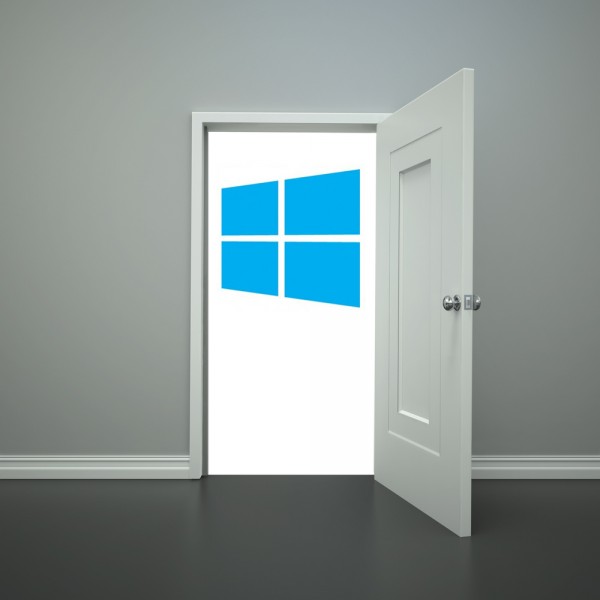
Dear Linux, I'm leaving you -- for Windows 8
Microsoft Windows 8 is the best desktop operating system. Period. No Linux distribution or OS X can compare. I say this as a Linux user and lover.
When it comes to computing, I have always had a soft spot in my heart for Microsoft Windows. Windows 95 was the operating system of my first-ever computer -- we could not afford a computer before then. As time marched on, I found myself dual-booting Windows and Linux on my future computers, with most of my time being spent in Linux. That is, until a few years ago when I exclusively ran various Linux distributions as the sole OS on my computer.

Is it time to give Linux another look?
With recent stories highlighting Windows 8’s comparative lack of sales success it's understandable that people start to think about other operating systems. Assuming you don’t want to throw away your old hardware and sell your soul to Apple then the obvious alternative has always been Linux.
The International Space Station likes it, yet Linux still has only a tiny share of the desktop market -- 1.2 percent as of April 2013 according to analytics company Net Applications.

Ubuntu 13.04 'Raring Ringtail' gives some, takes some
It’s no secret that Ubuntu is heading for desktop/ mobile convergence, with a runs-everywhere build expected within a year. But while 13.04 (“Raring Ringtail”) shows some signs of movement in that direction, the new release isn’t exactly packed with new features: in fact, it’s taken one or two away.
Of course there’s no harm in consolidating your code base occasionally, and Canonical appear to have done that to good effect. They claim that it’s the fastest Ubuntu experience to date, with an updated kernel delivering “dramatic graphical performance enhancements”, reduced RAM requirements and more. And while this might be aimed at helping the system run on mobile devices, it’s also very welcome for regular desktop users.
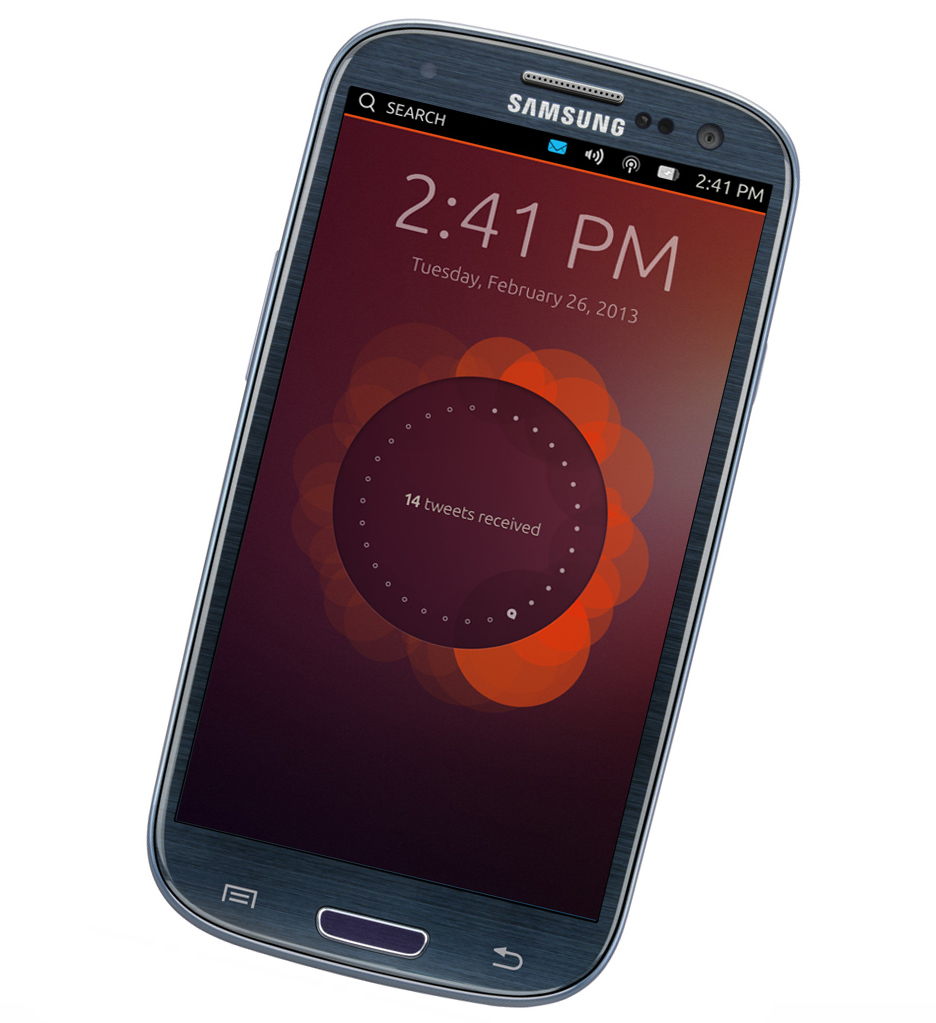
Ubuntu Touch developer preview coming to more devices soon
My colleague Mihaita Bamburic posted his first impressions on the preview version of Ubuntu Touch yesterday, and now Canonical has announced its intention to bring the early version of the mobile operating system to a further 20+ devices.
Originally only available to install on the Galaxy Nexus, Nexus 4, Nexus 7, and Nexus 10, the developer preview gives installers an early start with Ubuntu Touch, but it’s currently a taster, more than an actual, fully usable operating system.
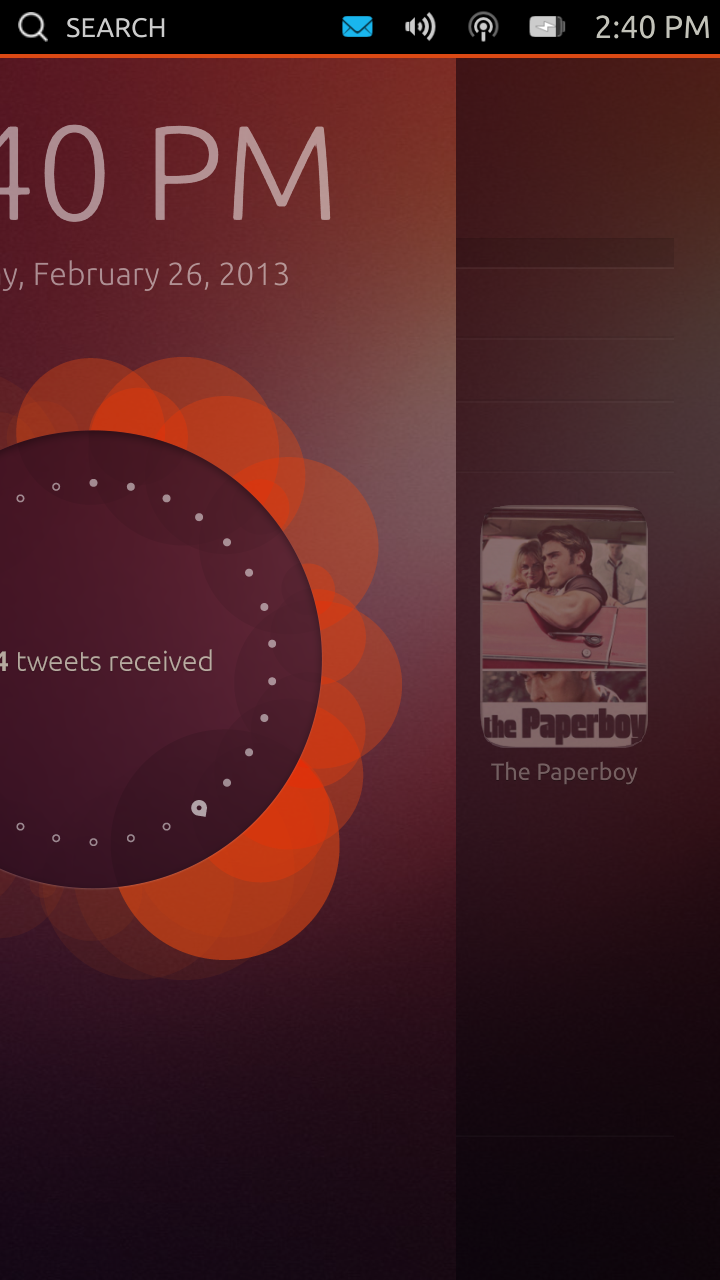
Ubuntu Touch -- interesting concept that needs work [preview]
The concept of Canonical taking a stab at the mobile market eludes me. Unless we want to split hairs, which I know will happen, Android already is the Linux ambassador across the globe, so why would the world need Ubuntu Touch? Furthermore, any new player starts out with a clean slate, which means many consumers will be skeptical at purchasing devices running the new operating system and therefore developer interest does not surpass a low threshold.
The PC market is not what it used to be a couple of years ago when people rushed out to buy new computers, rather than tablets or smartphones first. In some ways Canonical right now is Microsoft before Windows Phone and Windows 8 -- an important player further heading into obscurity down the road unless the boat steers in the right direction. Ubuntu Touch is supposed to give the world a breath of fresh air, the X factor that would sway enough people into switching from Android, iOS, Windows Phone or a feature phone, even.
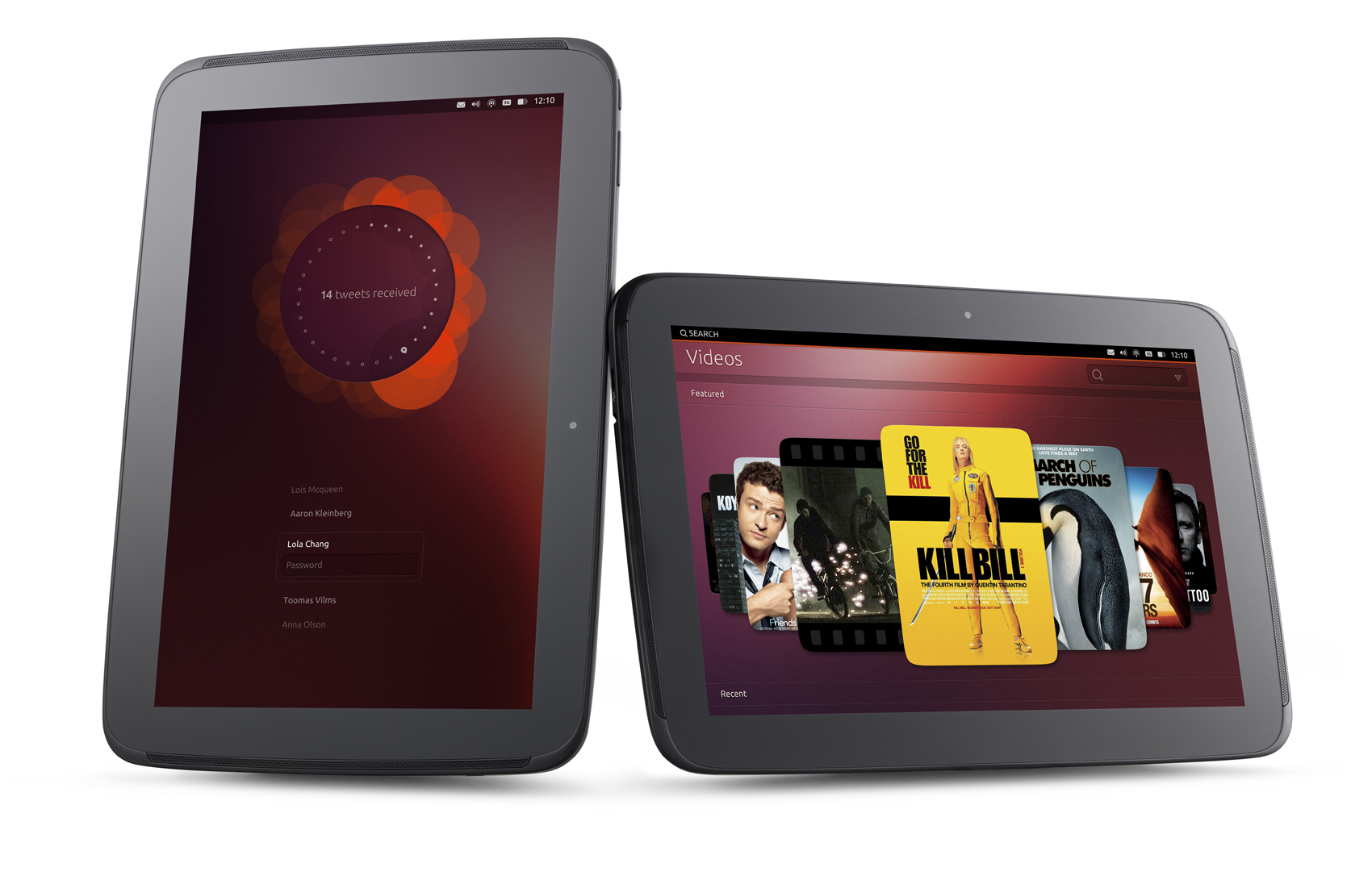
Ubuntu tablet challenges Android, BlackBerry, iOS and Windows
Developers looking for Ubuntu on smartphones will get a second treat on February 21. Today, Canonical revealed a build for tablets. Supported testing devices for both platforms: Galaxy Nexus, Nexus 4, Nexus 7 and Nexus 10. Ubuntu replaces Android, not runs alongside or dual-boots with it.
"Ubuntu tablet" supports multi-touch slates running dual-core ARM A9 processor with 1GB of RAM and 8GB storage. However, Canonical's ambitions are greater for commercially-shipping products: dual-core A15 processor and 2GB RAM for 7-to-10 inch tablets and quad-core A15 or x86 processor and 4GB of RAM for 10-to-12 inch slates. The specs reveal plans to compete with touch ultrabooks or tablet hybrids like Microsoft Surface Pro. The operating system supports up to 20-inch tablets. However, lower-end tablets will be a priority.
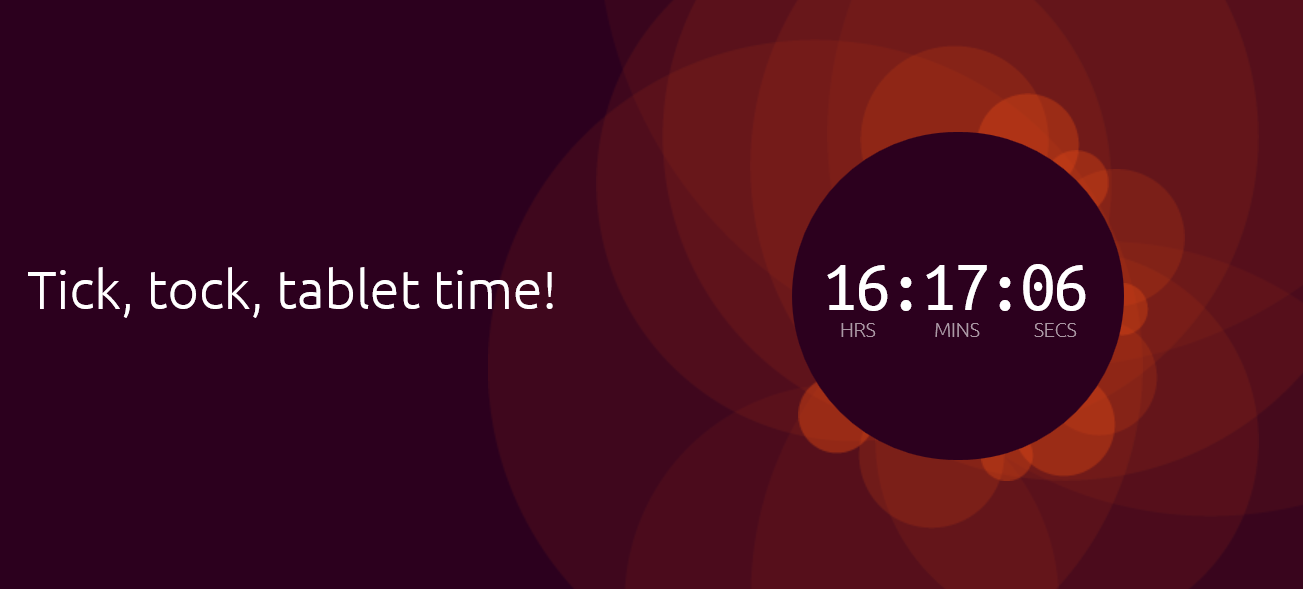
Ubuntu countdowns to tablet time
Earlier today, colleague Wayne Williams wrote about Canonical plans to publish images and open-source code for the Touch Developer Preview of Ubuntu for Galaxy Nexus and Nexus 4. Look for them Thursday. Meanwhile, Canonical prepares another trick, posting a countdown clock to "tablet time". Oh my.
In October 2011, Canonical CEO Mark Shuttleworth promised Ubuntu would appear on smartphones, tablets and TVs. The company formally announced the smartphone OS in January, with plans to make it available for older Android handsets, at the least. I wonder if Canonical would take a similar approach to tablets.
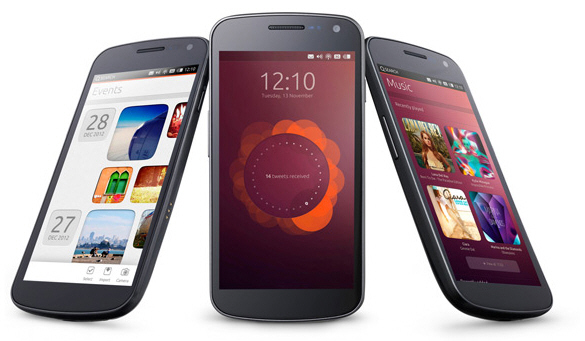
Developer preview for Ubuntu Phone due this week
Canonical says it will be publishing images and open source code for the Touch Developer Preview of Ubuntu for Galaxy Nexus and Nexus 4 on Thursday 21 February. So if you have a spare compatible handset -- or you don’t mind converting your existing phone -- you can try out the fledgling mobile OS in time for the weekend.
The aim is to encourage developers to create apps for the new operating system, but enthusiasts are welcome to take it for a spin too. According to Canonical, tools that manage the flashing of the Galaxy Nexus and Nexus 4 will be available on the same day as the images, along with detailed installation instructions.

Valve launches Steam for Linux and announces a celebration sale
After two months of public beta testing, the Linux version of Valve’s popular multiplayer gaming ecosystem has been officially released and is available to download for free from the Ubuntu Software Center.
To celebrate the release, Valve is cutting the price of 50 Linux titles by between 50-80 percent in a week long sale that will end on Thursday, 21 February at 10 AM PST. Games currently on sale include Bastion, Trine 2, Counter Strike Source, Serious Sam 3, and Darwinia.
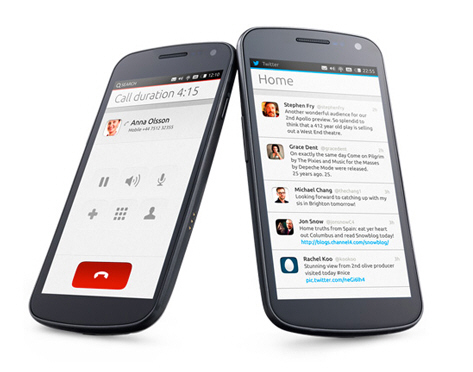
Ubuntu phone OS isn’t destined for greatness -- but that doesn’t matter
When all the hype about the new Ubuntu for phones OS dies down, we’ll be left with a void. Canonical admits it doesn’t currently have a manufacturer or an operator signed up, and it’ll be next year before the first device running the OS natively hits the market. And that’s a long time to wait.
By then, we’ll have seen new versions of Android and iOS, and Windows Phone 8 will likely be firmly entrenched in third place. If the market seems tough for Canonical to break into now, it’ll be far harder in 2014. But that doesn’t mean Ubuntu for phones can’t succeed. It will never make number one, but it doesn’t need to. It can carve out a pretty desirable niche in fourth or even fifth place, appealing to the Linux/Open Source crowd, and the users who don’t want the same phones as their parents and sheep-like peers.

Canonical announces Ubuntu for smartphones
Canonical’s popular Linux distro Ubuntu has been adapted to run on smartphones, replacing Android. The new OS has a distilled interface, and uses the screen edges in place of buttons. According to Canonical the controls only appear when required and "thumb gestures from all four edges of the screen enable users to find content and switch between apps faster than other phones".
Swiping from the left will display Ubuntu's launcher, while swiping from the top will show system indicators, such as Networks, Date and Time, Sound, and Battery. Swiping from the right will take you back, and the bottom edge will give you access to options inside an app.
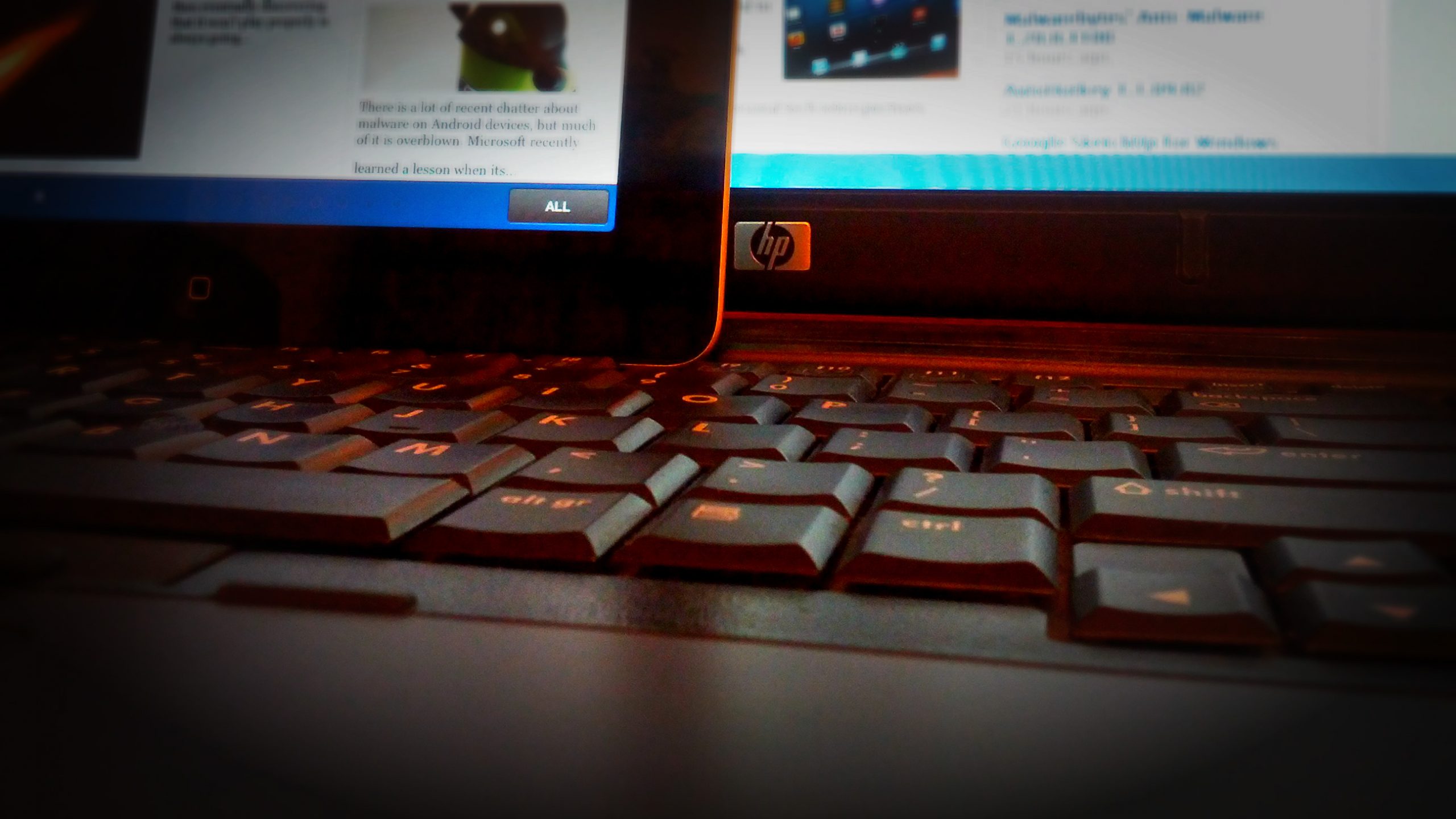
[Mihaita] The tech I used most in 2012
If there's one word that best describes my personal tech use for 2012, change is definitely it. For the most part of the year I "cheated" one platform with another, with no particular personal favorite to get me through (almost) 365 days. Each piece of software and hardware is used for a particular scenario, something that I find rather soothing for my personal early adopter endeavors as well as my sanity. I just can't stand tinkering with the same bit of tech for longer periods of time, although there still is a dear old friend in my life...
My colleagues Alan Buckingham and Wayne Williams already wrote about their personal tech choices in 2012, and now it's my turn. Without further ado here is what I used most throughout the year, starting with my trusty dear old friend.
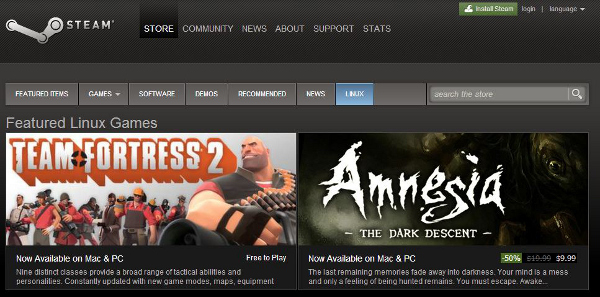
Steam for Linux beta goes public for Ubuntu users
Valve Corporation's popular multiplayer gaming ecosystem Steam has officially hit public beta on Linux, specifically for all users of Ubuntu 12.04.
In November, Valve's Linux team launched Steam for Linux in private beta for about a thousand users, and it included support for approximately 25 games. That number now has grown to almost 40, but with the exception of Team Fortress 2, most titles come from indie developers. Steam's most popular titles like Half-Life 2, BioShock, Portal 2, Elder Scrolls V: Skyrim, all of which are now several years old, are still missing on Linux, and will likely remain so.

Richard Stallman: Ubuntu contains spyware, shouldn’t be installed or recommended
In a lengthy new blog post, Richard Stallman, founder and president of the Free Software Foundation, criticizes Canonical for its decision to add surveillance software to the latest version of its Ubuntu operating system, calling on users to give it a wide berth.
The "Home Lens" universal search feature built into Ubuntu 12.10’s Unity Dash, sends off details of users’ search requests to Canonical's servers. This information is used to integrate relevant Amazon search results. Stallman doesn’t have a problem with the adverts themselves, more the spying aspect. "Canonical says it does not tell Amazon who searched for what. However, it is just as bad for Canonical to collect your personal information as it would have been for Amazon to collect it," he explains.
